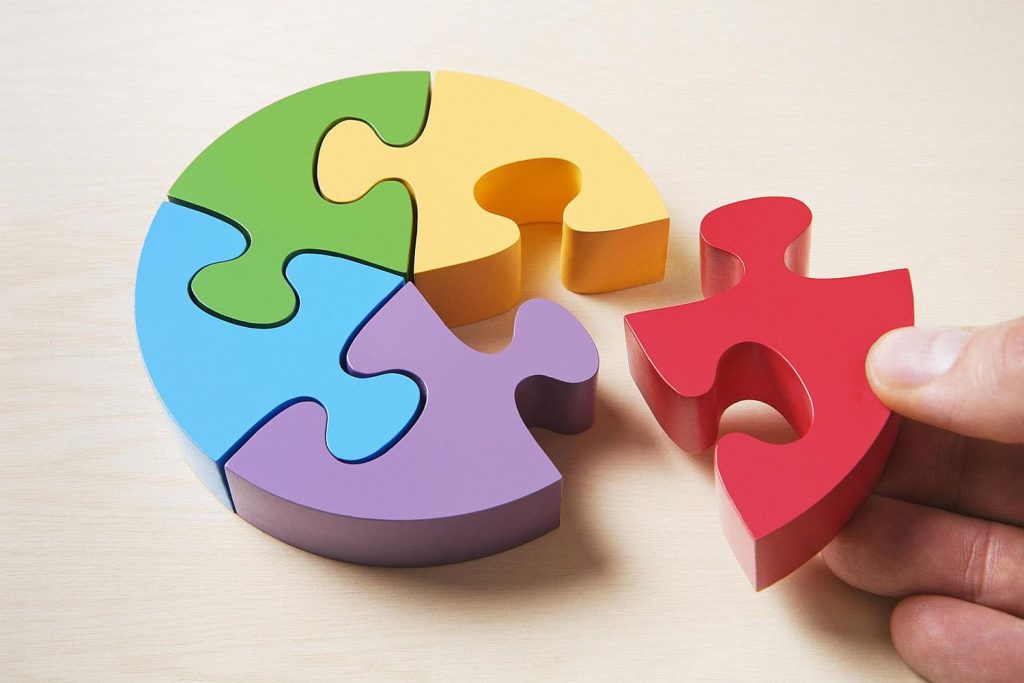In the tapestry of human achievement, logic stands out as the thread that weaves through the very fabric of our intellectual history. From the ancient philosophies of Aristotle to the groundbreaking algorithms of George Boole, the discipline of logic has been the cornerstone upon which civilizations have built their systems of knowledge, science, and technology. Celebrated annually on January 14, World Logic Day isn't just a nod to this rich heritage; it's a clarion call to spotlight the critical role that logical thinking and reasoning skills play in navigating the complexities of modern life. With origins tracing back to a proposal by the International Logic Olympiad in 2014, this day serves as a bridge connecting past and present, inviting us to honor the luminaries of logic while fostering a new generation equipped to tackle tomorrow's challenges. As we stand on the shoulders of giants like Aristotle, Boole, and Russell, World Logic Day beckons us to reflect: How can we harness the power of logic not only to understand the world but also to shape its future?
Key Takeaway
Timeline
Day Activities
-
Morning Workshops: Kick off World Logic Day with hands-on workshops designed to sharpen those reasoning skills. From puzzle-solving marathons to interactive lectures on the history of logic, participants of all ages can dive into the world of critical thinking. It's a brainy way to start the day, ensuring everyone's neurons are firing on all cylinders.
-
Afternoon Debates: As the day progresses, engage in spirited debates that challenge participants to use logical arguments to defend their positions. Covering a range of topics, from ethics to technology, these debates are not just talk; they're an exercise in applying logic to real-world issues. It's where theory meets practice in the most engaging way.
-
Evening Lectures: Wind down with enlightening lectures from esteemed logicians and philosophers. These talks delve into the contributions of historical figures in logic and explore the future of logical reasoning in our increasingly digital world. It's a chance to reflect on the day's activities and ponder the profound impact of logic on human progress.
Why We Love This Day
-
Celebrating human intellect and reasoning: World Logic Day shines a spotlight on our ability to think critically and solve problems. From figuring out the fastest route home to cracking complex scientific theories, logic is our go-to tool. It's like having a Swiss Army knife in our brain, ready to tackle any challenge thrown our way. This day reminds us to appreciate and hone these skills, ensuring we're equipped to navigate life's twists and turns with a clear head.
-
Honoring the giants of logic: On this day, we tip our hats to the legends like Aristotle, George Boole, and Bertrand Russell, whose brainpower helped shape the world. Their groundbreaking work laid the foundation for fields as diverse as mathematics, computer science, and philosophy. It's a chance to geek out on their achievements and get inspired. Who knows, diving into their stories might just spark the next big idea in one of us.
-
Fostering a love for logic in the young minds: World Logic Day isn't just about looking back; it's also about paving the way forward. By promoting logical thinking and reasoning among youngsters, we're essentially passing the torch, ensuring future generations are equipped with the critical thinking skills needed in an increasingly complex world. Schools and communities come together to host workshops, competitions, and activities that make logic fun and accessible. It's all about lighting that spark of curiosity and watching it grow into a flame of knowledge and innovation.
Past & Future Dates
| Month | Day | Year |
|---|---|---|
| JANUARY | 14 | 2022 |
| JANUARY | 14 | 2023 |
| JANUARY | 14 | 2024 |
| JANUARY | 14 | 2025 |
| JANUARY | 14 | 2026 |
| JANUARY | 14 | 2027 |
| JANUARY | 14 | 2028 |
